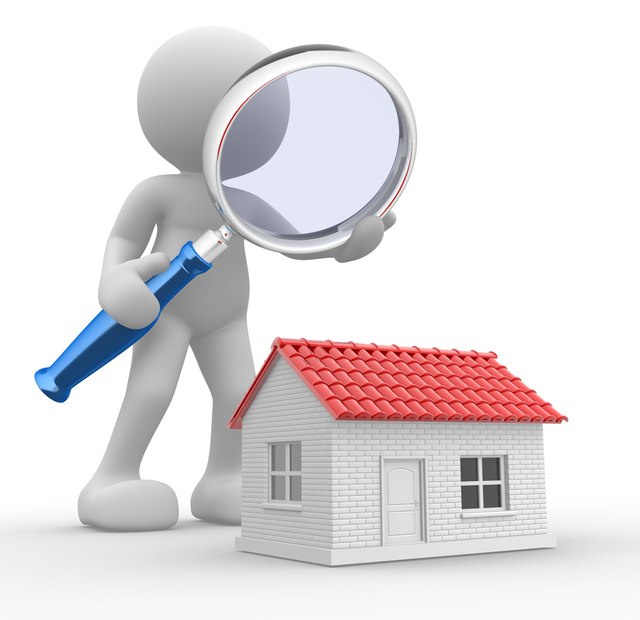
Miji Michael Jun 30, 2021
Buy within your means
When it comes to buying your home, remember not to purchase more house than you can afford. An "affordable" house will differ from buyer to buyer. Some pay more than the median home price in the area, and some pay less.
Working out what’s affordable involves more than getting a pre-approval letter from a mortgage lender. First-time buyers could easily set out looking for a home based on the total amount a lender is willing to give them, while forgetting about other expenses involved with buying the property. This could lead to financial hardship and even mortgagee sale if they can't afford the monthly payments.
Other debts and Payments
You must not forget that you have other payments and debts that will also need to be paid in addition to your mortgage payment. This total amount will determine how much you can truly afford.
Mortgage lenders tend to look at your debt-to-income ratio when determining if they will lend money. Lenders typically say that the ideal front-end ratio should be no more than 28 percent, and the back-end ratio, including all expenses, should be 36 percent or lower.
How to calculate your ratio
- Add up all your recurring monthly bills, this includes rent or mortgage payments, car loans, child support, credit cards and student loans.
- Then add up your total monthly income.
- Divide the monthly debt by your monthly income and multiply it by 100.
Let's say your monthly mortgage payment is $1,000 a month and your other expenses are $1,000, so overall, your monthly financial obligations come to $2,000. Now let's say you have a gross monthly income of $6,000. That puts your debt-to-income ratio at 33%.
The highest debt-to-income ratio a borrower can have and get a mortgage from a qualified lender is generally 43%.
Additional Expenses
Getting a preapproval for a home loan is just a first step in buying your first home. There are a lot of other ongoing costs, which you need to be aware of. This includes insurance, utilities, repairs, and maintenance costs.
These expenses all add to your monthly repayments, making a home that seems affordable on paper rather pricey in reality. You must include all of these costs, as well as other regular expenses, when determining how much home you can afford. Don’t forget any rental, if you sell your existing home before you close the deal on your new home, while you wait to move in to your new home.
Paying a lower deposit, less than 20%, also means that you will need private mortgage insurance (PMI) to protect your lender. Paying PMI means your monthly mortgage payment will go up anywhere from 0.5% to 1% of the loan amount.
The amount you saved for the deposit should also influence the house you buy. If you saved enough to put 20% on one home, but is only 10% on another, then the cheaper home is the way to go.
You must be aware of all hidden costs, so talk to your agent and broker.
Size and Age matters
When considering the affordability of a home, as a first-time buyer, you also need to consider the condition and size of the property.
Size can break the budget when it comes to the cost of heating and cooling the place. An old home could also break the budget, which could at first seem cheap until you realise that you need to renovate every room in the house.
So have an expert size up any construction work before you buy. And get as much information as you can about what all needs to be fixed before you decide to buy the property.
The Bottom Line
You can get your dream home, but it can quickly turn into a nightmare if you miscalculate your purchase. Beware that as a first-time buyer, you may have a lot of wants, often more than what you can actually afford. So take the time to ensure that the house is affordable by considering more than just the monthly mortgage payment.
So do your homework and upfront calculations, and get as much information and seek help, or you could find yourself house-rich but cash-poor. This could easily lead to all sorts of financial pain for you and your family. So take time to cost out your dream before you sign for it.
